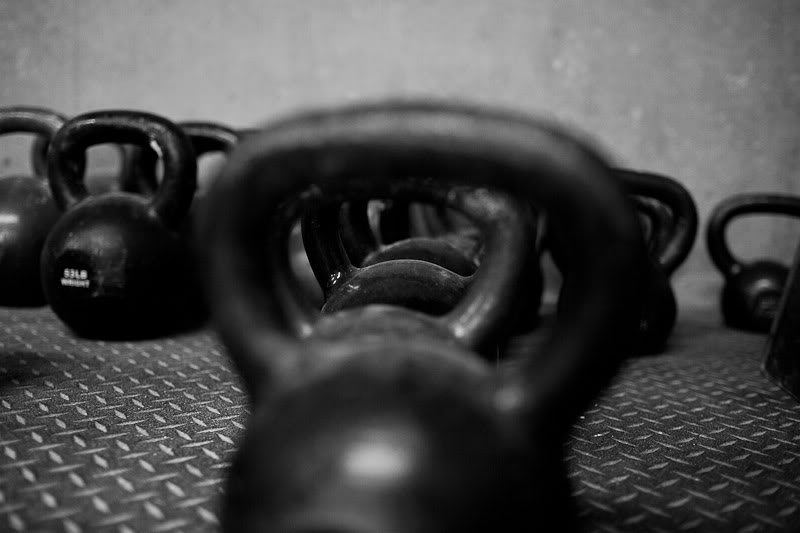by Marty Farrell
“If you are not willing to risk the usual you will have to settle for the ordinary.”
– Jim Rohn
Dealing with Obstacles
The challenges are twofold: developing skill and building work capacity/mental work capacity. They mutually help immensely.
Transition…
When you try to progress you approach a new ball game. This occurs every time you go up in the weights you use. The game is simple, but it’s not.
How you progress and learn builds confidence. But that confidence all changes when you pick up the new weight.
Misery and Suffering
My misery is unique to most people in that I didn’t have small stepping-stones or someone giving me advice during my training sessions on a regular basis. I trained alone almost all the time. Not complaining.
However, there were advantages I had that most people don’t have. For example, I started sooner and got a foothold on how this game is played. You have to know that with progress comes a base: a rep base in this case.
When you build beyond a certain rep range, you know you can pick up the weight anytime and do something impressive. For me, it was 2 24 kgs before I had any guidance. I could do 90 jerks with 48kg (2 bells). When I started, I could only do 12 reps. That’s quite an achievement by anyone’s account but in the grander picture and kettlebell in the US today it is consider OK at best.
The Reality
You have to realize that putting yourself in relative agony will help you to get results. I have also sustained minor injuries in the grand scheme of things but even that can be avoided. So be careful. Take it from me, I know how to avoid pitfalls and prevent/recover from them because I’ve been there. I don’t know many Kettlebell Champions that could not do one rep for years with their respective competition weight. I’m just that weak I guess. My the point is, it doesn’t matter where you start. But use all the stepping-stones at hand. Don’t try to do leaps and bounds when upping the weight.
The problem with small increments of progression is, you can develop a false sense of confidence with smaller weights thinking that it will translate to bigger weights. My advantage is that I knew that it was tough early on because I had to go from 2 24 kg to 2 32 kg.
90 jerks with 2 24 kg bells translated to 8 jerks with 2 32kg. There were greats in the US doing 60+ reps at the time with 2 32kgs. Overwhelming of course.
Before training ask yourself…
Are you doing perfect technique? Are you applying mental fortitude in the face of challenge? These are questions you have to ask yourself before picking up a kettlebell. There are 100s of experts I’ve talked to that made statements of “becoming Master of Sport” who quit after a week.
Personally, I wanted to quit the second day of training so I felt their pain and more so then they know because of the continuing of the training. They quit because they didn’t ask the question, “do I want to train?” before starting.
Dealing with Frustration…
I attempted and failed at Master of Sport by single digits almost a dozen times. I guess I was just fooling around. I wasn’t fooling around, that’s in your mind. Ha ha
Part of that was a full work schedule and traveling every other weekend to somehow perform and teach all weekend, get home late and somehow do it all over again.
I’ll quote searching for Bobby Fischer when the kid asks “how many points is the move worth?” and the teacher says, “do it for its own sake, do it for the love of the game.” I loved the game, loved the progress so my misses were setbacks, not failures.
And though the reps were the same, I had failed for different reasons and was at the same time building my mental toughness as well as physical. To train every day dreading the set in the gym when tired and hungry after work is something that most of us deal with. Hard work: it is such an interesting phrase because it’s all perception based. “Hard” work is all relative in the game of kettlebell sport. You either work or you don’t. It’s about how much work you do and with what weight?
When you become good at this with less than optimal technique, it will be much harder. You have the advantage over me by learning the best way that you can upfront.
I’ve refined my technique and will continue to but have a come long way even since making Master of Sport. That’s the beauty, good technique refinement never ends. It ultimately helps you achieve more reps = stronger lifter every time.
And the program is so simple that the super secrets that exist are not secrets, but the same thing with an emphasis on a very small part of the message: Train smart and train often.
Marty Farrell
*The views and opinions expressed on this website are solely those of the original authors and contributors. These views and opinions do not necessarily represent those of Spotter Up Magazine, the administrative staff, and/or any/all contributors to this site.


